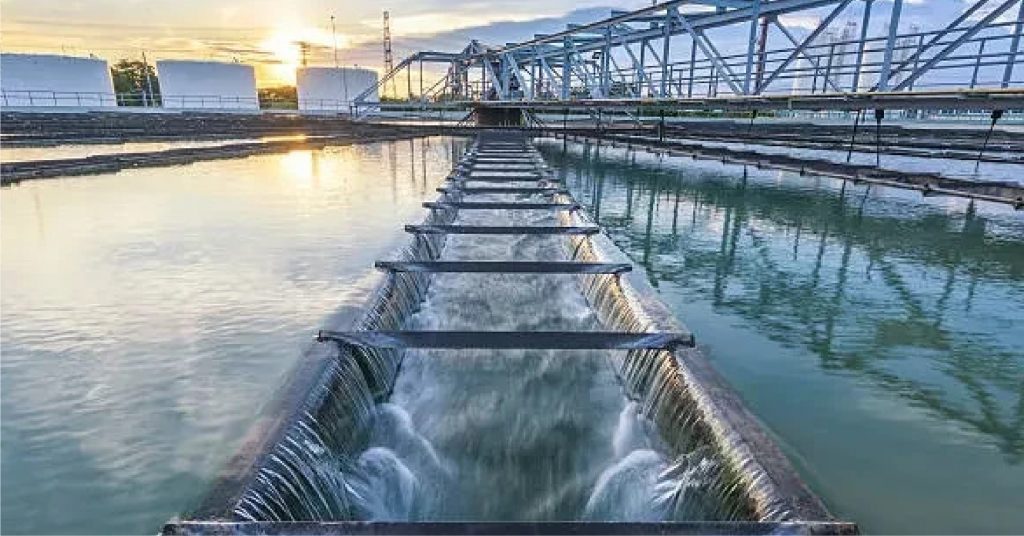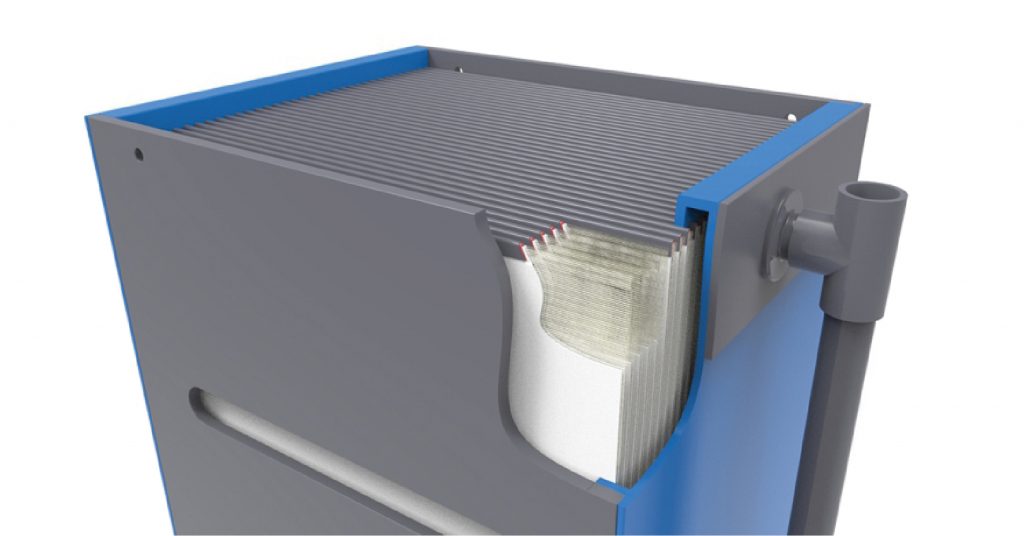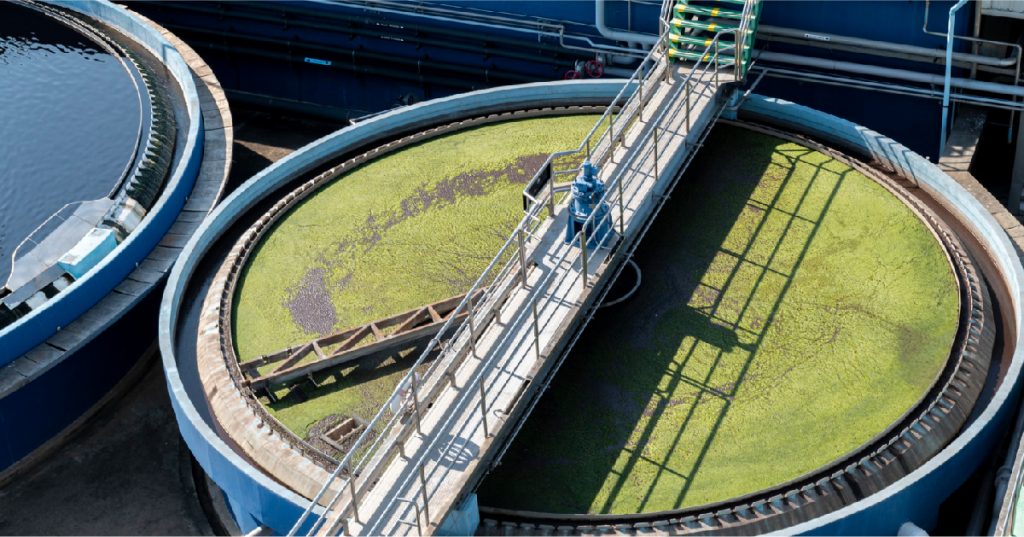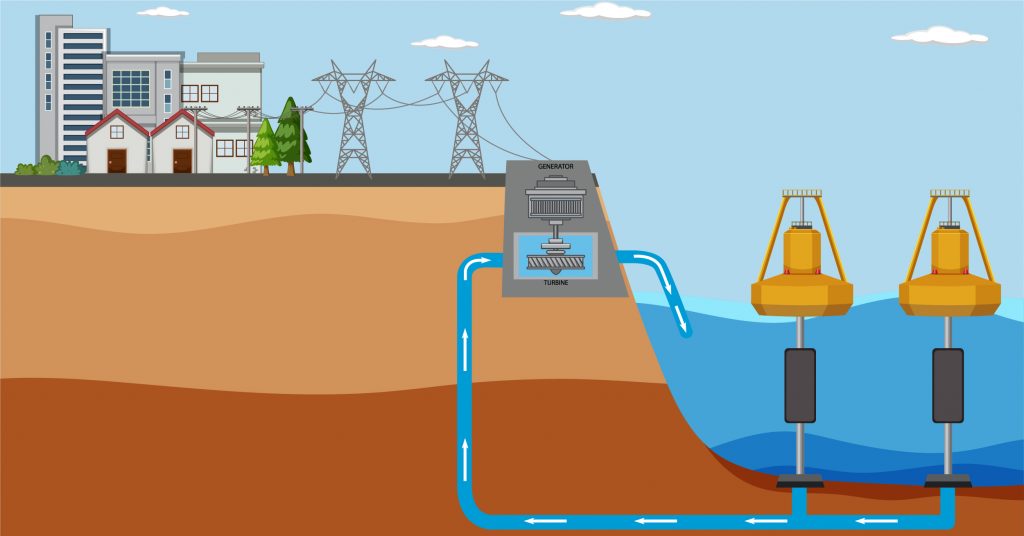Water is an essential resource, and in India, where water quality is a growing concern due to rapid urbanization and industrialization, effective water treatment processes are critical. Flocculation, a vital step in water treatment, plays an essential role in improving water quality by removing impurities and contaminants. This blog explores what flocculation is, its importance in water treatment, and how it contributes to clean and safe water in India.
Table of Contents
ToggleWhat is Flocculation?
Flocculation is a water treatment process that facilitates the removal of suspended particles, impurities, and microorganisms from water. It involves adding chemicals called flocculants to water to aggregate small, unstable particles into larger, stable clusters known as flocs. These flocs are then removed through sedimentation or filtration.
Flocculation is particularly effective for treating turbid water, which contains fine particles that do not settle easily. By grouping these particles into flocs, the process enhances the efficiency of water treatment systems and ensures better water quality.
What is Flocculation in Water Treatment?
In water treatment, flocculation works as a secondary step following coagulation. Coagulation destabilizes particles in water, making them easier to aggregate, while flocculation ensures these destabilized particles combine into larger, removable flocs. The process is commonly used in municipal water treatment plants, industrial water systems, and wastewater treatment facilities across India.
Flocculation in water treatment is critical for producing potable water, treating wastewater, and reducing environmental pollution. It helps remove harmful pathogens, organic matter, and even certain chemical contaminants, making water safer for consumption and reuse.
Applications of Flocculation in India
Flocculation is widely used across various water treatment applications in India due to its effectiveness and adaptability. Here are some of its primary applications:
- Municipal Drinking Water Treatment
Flocculation is a crucial step in ensuring safe drinking water for millions of people. It removes impurities, turbidity, and harmful microorganisms from raw water, making it suitable for human consumption. - Industrial Water Treatment
Industries in India, such as textiles, food processing, and pharmaceuticals, use flocculation to treat processed water. By removing contaminants, it ensures water meets the quality standards required for industrial operations. - Wastewater Treatment
In wastewater treatment plants, flocculation plays a vital role in removing organic and inorganic pollutants. This treated water can be safely discharged into the environment or reused for agricultural and industrial purposes. - Agricultural Water Management
Flocculation helps in improving the quality of irrigation water by removing silt, clay, and organic debris, thereby supporting better crop growth and yield. - Desalination Pre-Treatment
In desalination plants, flocculation is used as a pre-treatment step to remove suspended solids and organic matter, protecting downstream processes like reverse osmosis.
Benefits of Flocculation in Water Treatment
Flocculation offers numerous advantages, making it a critical process for improving water quality in India:
- Enhanced Water Clarity: Flocculation effectively reduces turbidity, ensuring clearer and cleaner water.
- Improved Filtration Efficiency: By forming larger flocs, the process makes filtration systems more efficient and reduces operational costs.
- Pathogen Removal: Flocculation aids in removing harmful microorganisms, improving water safety for consumption.
- Environmental Protection: By treating wastewater effectively, flocculation helps reduce pollution in rivers, lakes, and groundwater sources.
- Cost-Effectiveness: It is a relatively low-cost method that provides significant water quality improvements, making it suitable for widespread use in India.
How Ion Exchange is Transforming Flocculation Techniques in India?
Ion Exchange is India’s leading company in water and environment management, recognized for its strong global presence and commitment to providing innovative solutions. With a deep understanding of application requirements and exceptional service support, Ion Exchange delivers customized, one-stop solutions across diverse industries, effectively addressing complex flocculation water treatment needs.
INDFLOC Solid-Liquid Separation Solutions
- INDFLOC Flocculants include synthetic anionic and cationic polymers designed for the primary treatment of sewage and industrial effluents, as well as sludge conditioning and clarification. These flocculants are also highly effective in treating effluents from mining, ceramic, and mineral processing industries, along with sugar clarification processes. It offers emulsions that enable faster flocculation with lower dosages, enhancing efficiency in wastewater and process water applications.
-
INDFLOC Natural Flocculants: are natural, biodegradable, and sustainable solutions tailored for various applications, such as the treatment of municipal and industrial wastewater, clarification of sugarcane juice, and effluent treatment in textiles and tanneries. These eco-friendly flocculants offer a sustainable approach to water treatment, ensuring minimal environmental impact while maintaining high efficiency.
Ion Exchange’s expertise in designing and commissioning water and wastewater treatment plants allows them to deliver solutions that are environmentally friendly, efficient, and cost-effective. By leveraging cutting-edge technology and innovative techniques, Ion Exchange ensures that its flocculation water treatment solutions meet the highest industry standards, providing significant value to its clients across multiple sectors.
Conclusion
Flocculation is a key process in water treatment that helps improve water quality by removing contaminants, enhancing clarity, and ensuring safety. From municipal drinking water systems to industrial and wastewater treatment facilities, flocculation has proven to be an indispensable solution for tackling water challenges in India.
Understanding what flocculation is, its role in water treatment, and the difference between coagulation and flocculation helps us appreciate its significance in ensuring clean and sustainable water.





